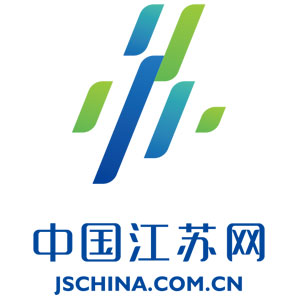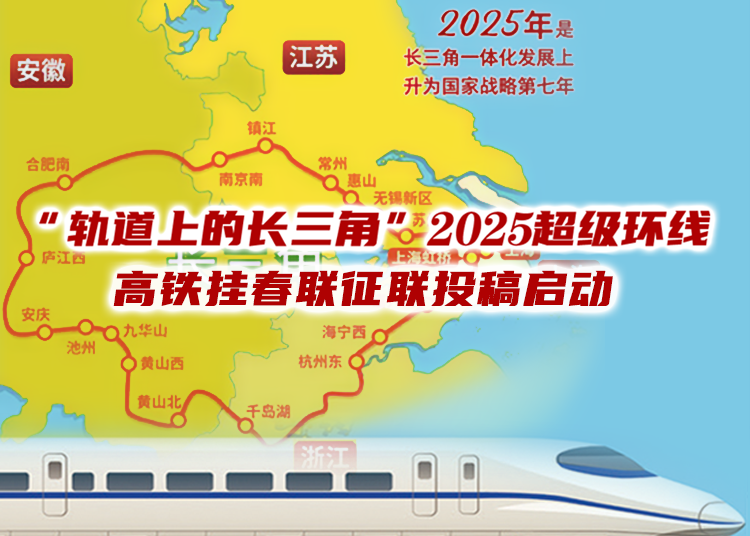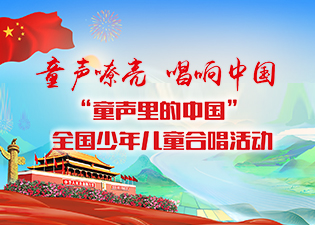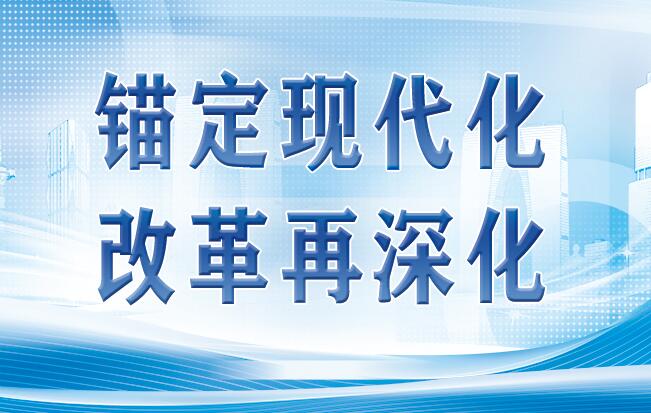【导读】比利时前首相伊夫·莱特姆日前做客中国观察智库与中国日报新媒体联合推出的《连线·全球政要访谈》节目,盛赞中国的“一带一路”倡议、全球发展倡议、全球安全倡议和全球文明倡议是对全球议程的杰出贡献,尤其是“一带一路”伙伴国的积极潜力得以释放。他表示,全球治理体系亟待调整,世界各国间应加强有形和无形的互联互通,同时应注意合理利用资金,确保投资项目的可持续性。
记者:中国的“一带一路”倡议与全球发展倡议、全球安全倡议、全球文明倡议一样,都是向世界提供公共产品。您对这些倡议对于构建更加公平的全球治理体系、构建人类命运共同体的作用有何看法?
伊夫·莱特姆:
我认为这些倡议非常好,它们非常适合未来全球治理的议程。我们需要对全球治理体系进行重新调整和重置。过去七八十年来,联合国系统给我们带来了很多好处和红利。但全球治理体系需要重置和重新平衡。我们必须考虑各方意见。
I think these initiatives are excellent. And I think they fit very well into the agenda of the future of global governance. We need to readjust, we need to reset the global governance. The UN system has given us a lot of benefits and dividends over the last 70 -- almost 80 years. But there's a need for reset, there's a need for rebalance. We have to take into account all the views.
我认为全球发展倡议、全球安全倡议,以及绿色发展领域的倡议,都是对全球议程的杰出贡献。在今年秋天召开的联合国大会后,我们有必要在接下来的一年乃至几年时间里好好讨论这些议程。我希望这能引导我们再次加强多边体系,这个体系因美国在某些时刻单方面退出而遭受重创,引发了各国家集团之间的不信任。
I think that the Global Development Initiative, the Global Security Initiative, also in the field of green development, these are excellent contributions to the global agenda that we have to discuss in the upcoming year and a couple of years starting with UNGA in autumn. And I would hope that this leads us to strengthen, again, the multilateral system that has suffered a lot from unilateral withdrawal by the US at certain moments raising distrust among blocs.
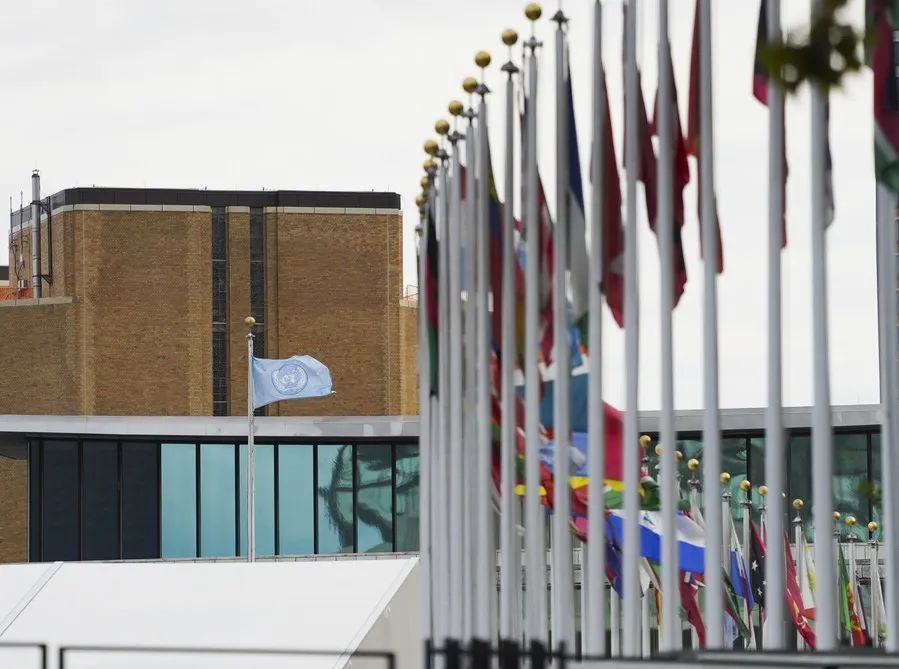
图片来源:新华社
记者:您对欧洲全球门户、七国集团全球基础设施和投资伙伴关系以及中国“一带一路”等不同基础设施计划如何提高投资效率、加强全球经济和供应链、促进长期合作有何看法?它们有哪些相同点和不同点?存在哪些挑战?
伊夫·莱特姆:
首先,我认为共同投资,将经济体之间的投资和能力结合起来,也是一个建设和平的有力的政策工具。我坚信经济合作、共建基础设施、共同投资也会带来和平——不仅是更好的发展、更好的经济发展,还有和平,因为人们通过相互贸易,通过项目合作,可以减少对彼此实施暴力的倾向。
First of all, I think that co-investing, bringing together investment and capacities between economies is also a very strong peace-building policy tool. I'm a strong believer that economic cooperation and common infrastructure, co-investment brings also peace, not only better development, better economic development, but also just peace, because people that trade, people that work together on projects, there will be more reluctance to engage in violence against each other.
所以回到你的问题,“一带一路”倡议,以及欧洲的“全球门户”计划、美国对于改善基础设施的投资、印度政府采取的一些举措等等,都朝着同一个方向前进,那就是要更好地释放经济体的潜力、互联互通的潜力。这一点至关重要。当前,我认为欧盟和欧洲经济需要对世界开放,需要集体行动,就像人类需要氧气一样。
So come then to your question, the belt initiative, the silk road initiative, the BRI, and also the Europe's Global Gateway, also the American investment in improving infrastructure, which is very much needed, some initiatives taken by the Indian government and so on., they all go in the same direction, which is to try to better unleash the potential of economies, the potential of connection interaction. This is crucial. I think at this moment, for instance, the European Union and European economy needs openness and collectiveness to the world as a human being needs oxygen.
为了增进联系,改善各经济体之间的基础设施互联互通非常重要。但是请注意,我们应该做的不仅仅是互联互通,我们还要注意增强互联互通的方式,这种方式应该比以往都更加可持续。这种互联互通有可能是虚拟的,也有可能是有形的,通过公路、铁路和空中进行真实的交流,但一定要注意在互联互通、交通出行和贸易往来中加强可持续性。
To improve the connection, to improve the infrastructure links between these economies is very important, but -- there's a big but -- we should do more than just interconnect. We should also look into the way we increase the interconnection and that way should be more than ever sustainable, so could be virtual when possible, could be physical with real exchanges over roads and over railways and through the air when needed, but improving resilience and improving sustainability of our connections, our mobility and our trade.

图片来源:新华社
记者:合作是否会带来一些挑战?
伊夫·莱特姆:
是的,我认为在我们现在这个时代,更重要的是分担负担,而不是分享进步红利。当然,中国的经济取得了巨大的进步,增长速度很快,而且现在仍在继续增长。但在更成熟的经济体,比如西方的美国、欧洲和日本等,我们正处于使经济发展更加可持续的关键阶段。与分享进步红利相比,更重要的是分担负担。当然了,人们不喜欢负担,人们更喜欢获取利益,而不是相互讨论我们应该如何分担负担,例如应对气候变化挑战和减少二氧化碳排放的政策。因此我认为,能够真正实现积极成果,带来双赢的良好合作至关重要。
Yeah, I think we are all live in times where it is more about sharing burdens than sharing the dividends of progress. China, of course, is still making an enormous economic progress with high growth figures and is resuming growth now. But in more mature economies, like the West -- the US, Europe, some other countries all over the globe, Japan. We are at the stage where it is of utmost importance to render our economic development more sustainable. And there it is more about sharing burden that sharing the dividend of progress. And that's of course a less popular item. People prefer seizing benefits than discuss amongst each other how we should share the burden of policies, for instance, that meet the challenges of climate change and reduce CO2 emissions. So I think that good cooperation that creates real view on positive outcomes, win-wins is crucial.
记者:“一带一路”给贵国带来了哪些令人瞩目的成就?
伊夫·莱特姆:
我想说,就比利时而言,早在“一带一路”倡议提出之前,我们就已经获得了很多来自中国的投资。我记得我曾与中远集团的人士见过面,还有泽布吕赫和安特卫普港与上海等中国港口间的联系对比利时经济发展而言至关重要。华为等中国企业在比利时名气很大,为我们提供高科技解决方案,这甚至有些超出了“一带一路”倡议的初始目标。比利时还有一个列日机场,作为阿里巴巴的配送调度平台。所以说,比利时已经和中国建立起良好的联系,很多企业也和中国公司有密切的联系,甚至已经在中国开展了重要业务。例如,我的选区有一家名为必佳乐的公司,它是苏州最早引进的外资企业之一。再如,西安杨森是中国最早引进的中外合资制药公司之一。因此,比利时与中国有着悠久的传统合作关系。
I would say that in terms of Belgium already before the BRI, we had a lot of Chinese investment. I remember that I met the people from COSCO and for instance for the Belgian economy, the links between a port area, Antwerp, Zeebrugge to Shanghai, to the ports in China has been crucial for the development. Companies like Huawei and others are very well-established in Belgium and provide us with high-tech solutions. It goes a little bit beyond what the intentions were of the BRI. We also have an airport of Liege that functions as a distribution and dispatching platform for Alibaba. So we already have very good connections with China, also a lot of enterprises that were closely together with China companies or have even very important presence here in China. For instance, in my constituency we have a company called Picanol who was one of the first companies established in Suzhou. We had the pharmaceutical company in Belgium that were amongst the first to be Janssen Pharmaceuticals for instance. So we have a long tradition already of good connections with China.
我认为,当今“一带一路”倡议在那些基础设施发展薄弱的国家发挥着更重要的作用,中国与西方、非洲国家的领导人一起,发展基础设施,释放经济潜力。在那里,它确实产生了良好的效果,为当地人提供了更好的服务,让人们生活更加便利。我最近去了索马里,看到那里修了新铁路,看到这些基础设施给人们的日常生活带来了什么,以及这些更完善的交通设施所带来的经济潜力。
I think that the BRI now today plays a more important role in countries that until now had a weak development of the infrastructure, where China joins forces with the West and with the leadership of countries in Africa to develop their infrastructure and to unleash economic potential. There it really pays out in terms of better accessibility, better service to the people. I was recently in Somalia and I could see, for instance, a new railway connection, what it brings to the people in their daily lives, and also the economic potential these better connections bring.
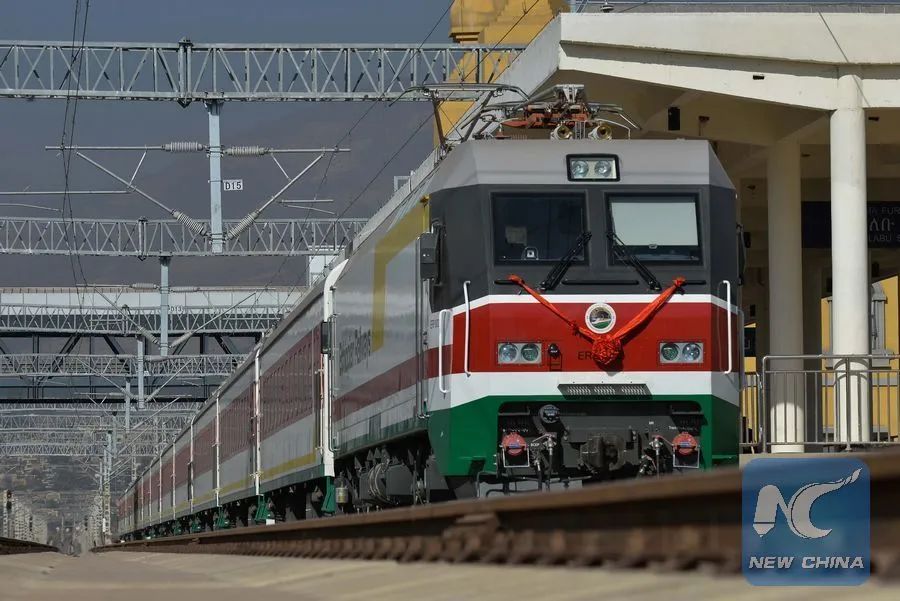
图片来源:新华社
记者:一些西方媒体可能会说,中国的“一带一路”把基础设施计划带到了欧洲或拉美,但他们也带来了债务陷阱。你的意见如何?
伊夫·莱特姆:
是的,我们对此必须要小心。我认为全球大多数经济体都在利用“杠杆”的重要作用,所以相关货币政策和货币调整应该重点考虑到这一点。“一带一路”投资也是一样,必须要合理,妥善考虑各国的经济状况和回报能力,确保投资后该国的状况比投资前更好。我认为在大多数情况下——绝大多数情况下,情况确实是这样的。
Yeah, we have to be careful for that. I think that the most of the economies worldwide have built up quite an important leverage. And so monetary policy and monetary adjustment should take that very well into account, including in terms of the BRI, there always has to be a good reasoning, a good thinking over the payback capacity of the economy, of the country, and make sure that after the investment, the country is better off than before the investment. But I think that in most of the cases, in a vast majority of the cases, this is reality.
当然,我们作为西方国家也投入了发展援助,但可以这样说,我们被现实打败了,也就是说,我们的很多发展援助并没有给有关国家带来我们想要的结果。腐败、治理能力、合理利用资金、合理利用投资等问题是关键的先决条件。因此,我们在这方面应该非常小心,以确保当各国签署合同并背负一定债务时,它们有偿还能力。不过在大多数情况下,情况确实是这样的,投资和基建确实改善了各国的经济。
Of course, we also as Western countries have invested in development aid. And it's fair to say let's be humbled by reality, which means that a lot of our development aid did not bring the countries concerned to the result we wanted. There are issues like corruption, governance, good use of money, good use of investment that are key, conditionalities. So we should be very careful in that field to make sure that when countries sign contracts and build up a certain amount of debt, they have the payback capacity. But in most of all cases, that's reality. And the investment and infrastructure actually improves their economic performance.
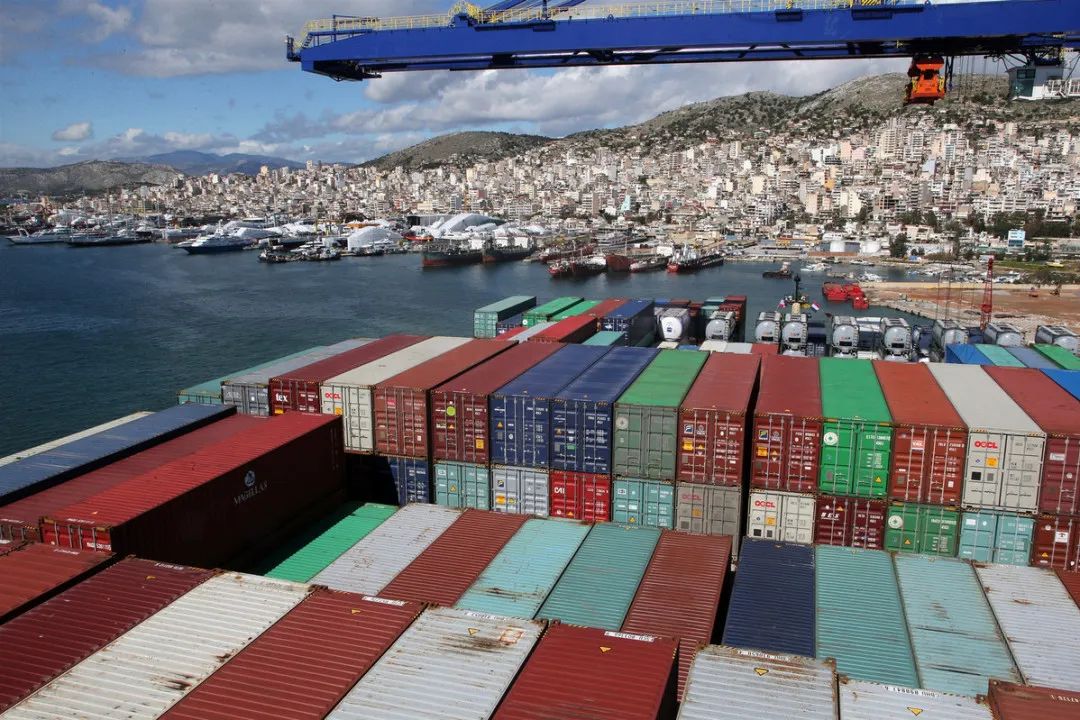
图片来源:中国日报
出品人:王浩 邢志刚
监制:柯荣谊 宋平
制片:张少伟
记者:沈一鸣 张欣然 栗思月 刘源 夏琳 张钊 栾瑞英 辛欣 刘夏
实习生:杨恒瑞 庄舒涵
中国观察智库
中国日报新媒体中心
联合出品
